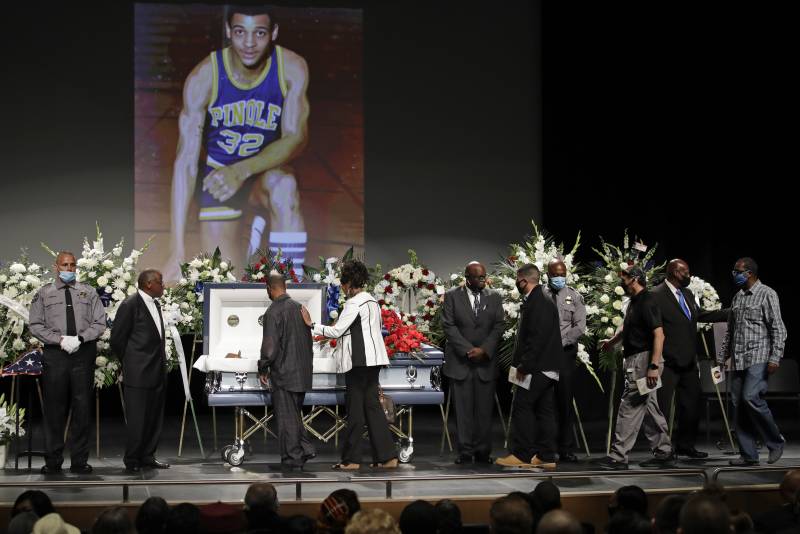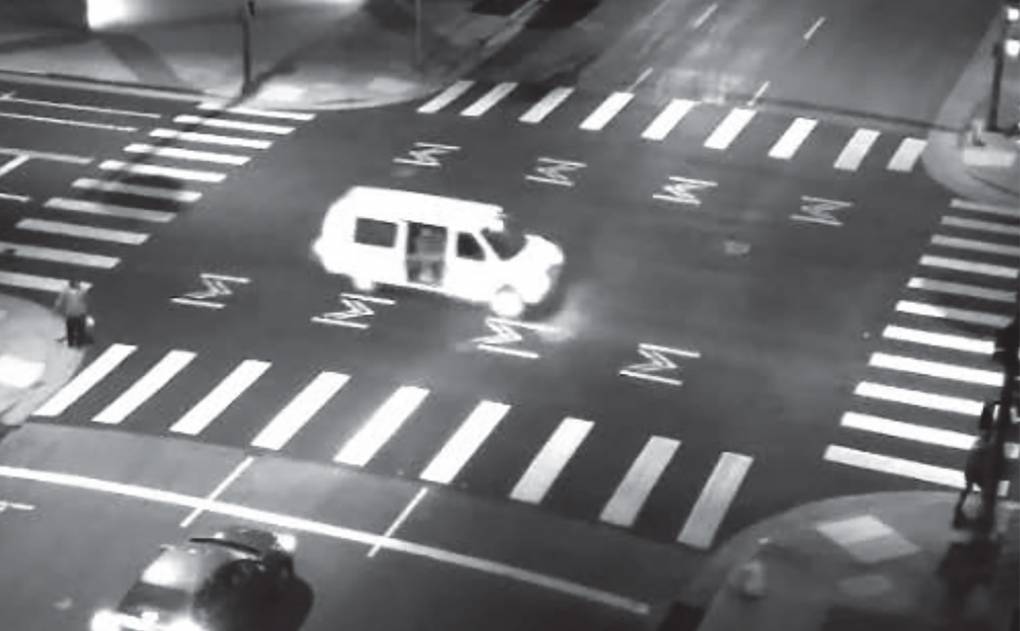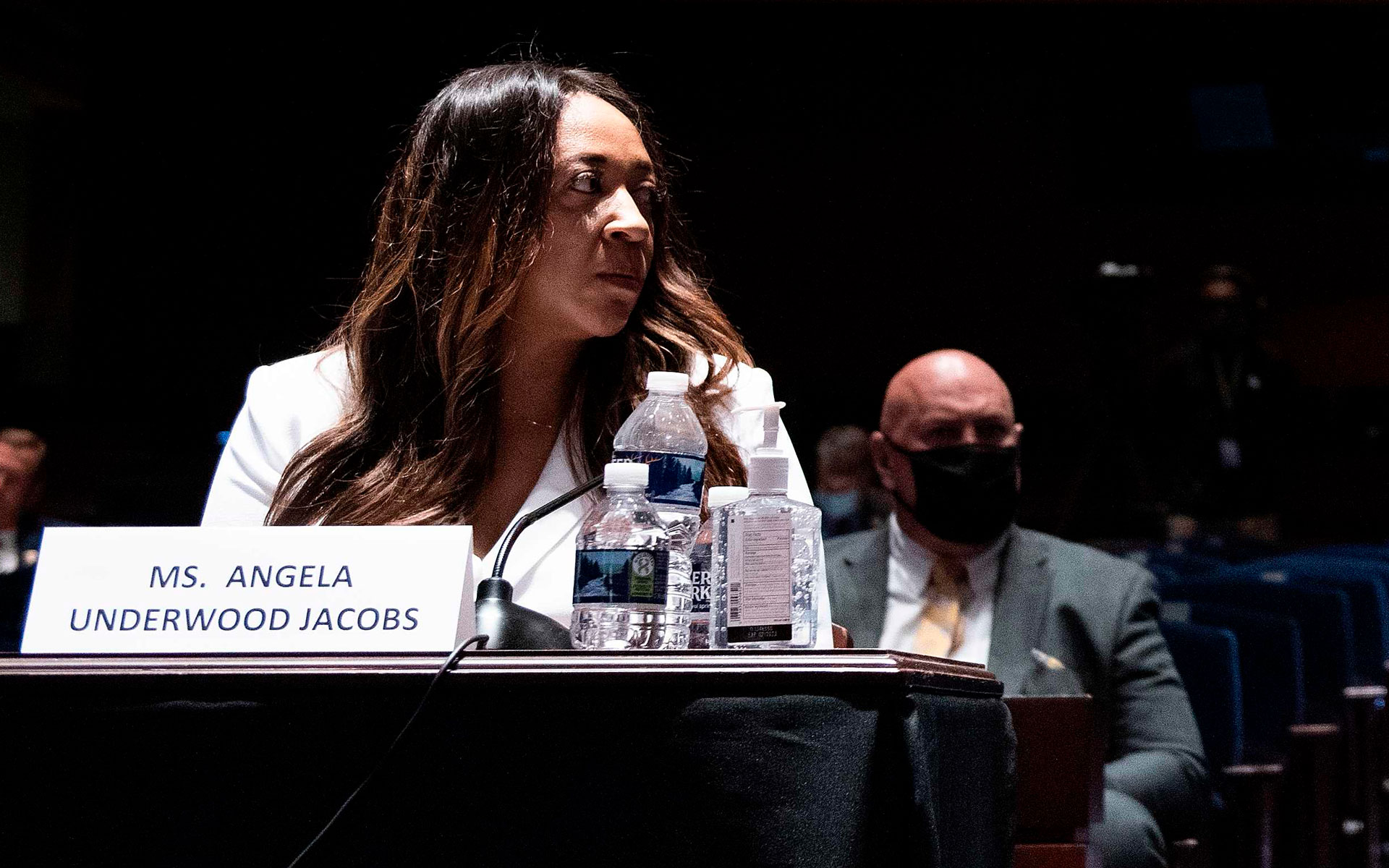The sister of a federal security officer who was fatally shot while guarding a courthouse during George Floyd-related protests has sued Facebook, accusing the tech giant of playing a role in radicalizing the alleged shooter.
Dave Patrick Underwood, 53, was shot and killed on May 29, 2020, in Oakland. Authorities have charged suspected gunman Steven Carrillo with murder. Investigators say Carrillo had ties to the far-right, anti-government boogaloo movement and that he organized with other boogaloo supporters on Facebook, including his alleged getaway driver, Robert A. Justus Jr., of Millbrae. Carrillo also faces murder charges in the June 5, 2020, ambush killing of a Santa Cruz County sheriff’s deputy.
In a suit filed Thursday in California state court against Meta, Facebook’s parent company, Angela Underwood Jacobs accused Facebook officials of being aware that the social network was being used as a recruitment tool for boogaloo adherents, yet did not take steps to stop recommending boogaloo-related pages until after Underwood’s death. The suit called the deadly shooting “the culmination of an extremist plot hatched and planned on Facebook by two men who Meta connected through Facebook’s groups infrastructure and its use of algorithms designed and intended to increase user engagement and, correspondingly, Meta’s profits.”
The boogaloo movement is a collection of far-right extremists who claim to want to overthrow the U.S. government through a second civil war. Sometimes clad in Hawaiian-print T-shirts, the group is known to be heavily armed and is highly active online.



9(MDAxOTAwOTE4MDEyMTkxMDAzNjczZDljZA004))
